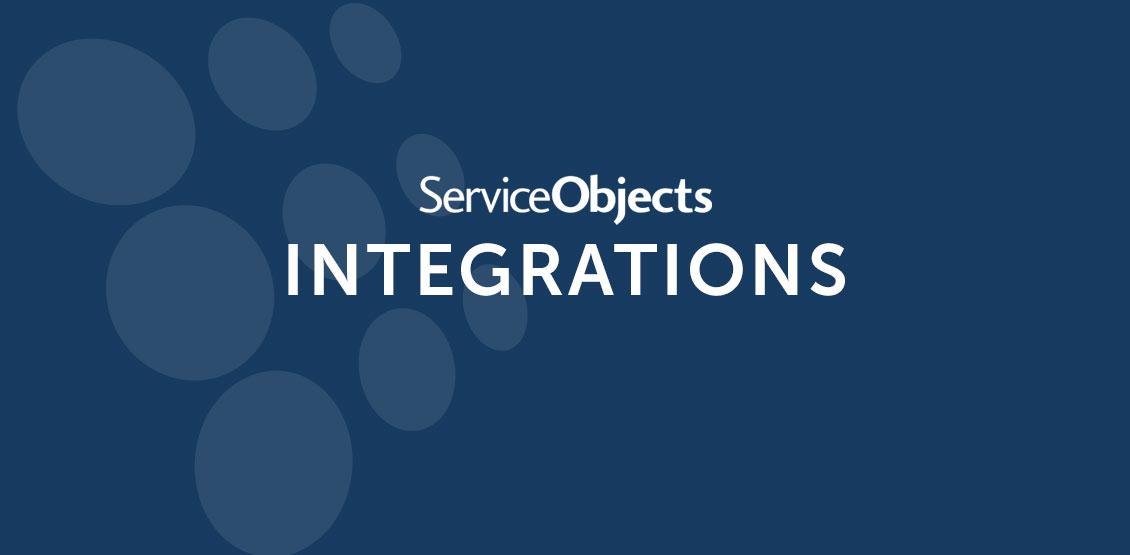If you have ever dined at a *really* fine restaurant, it may have featured a wine steward: a person formally trained and certified to oversee every aspect of the restaurant’s wine collection. A sommelier, as they are known, not only tastes wines before serving them but sets policy for wine acquisition and its pairings with food, among other responsibilities. Training for this role may involve as much as two-year college degree.
This is a good metaphor for a growing role in technology and business organizations – that of a data steward. Unlike a database administrator, who takes functional responsibility for repositories of data, a data steward has a broader role encompassing policies, procedures, and data quality. In a very real sense, a data steward is responsible for managing the overall value and long-term sustainability of an organization’s data assets.
According to Dataversity, the key role of a data steward is that they own an organization’s data. This links to the historical definition of a steward, from the Middle Ages – one who oversees the affairs of someone’s estate. This means that an effective data steward needs a broad background including areas like programming and database skills, data modeling and warehousing expertise, and above all good communications skills and business visibility. In larger organizations, Gartner sees this role as becoming increasingly formalized as a C-level position title, either as Chief Data Officer or incorporated as part of another C-level IT officer’s responsibilities.
One of the key advantages of having a formal data steward is that someone is accountable for your data quality. Too often, even in large organizations, this job falls to no one. Frequently individual stakeholders are responsible for data entry or data usage, and the process of strategically addressing bad data would add bandwidth to their jobs. This is an example of the tragedy of the commons, where no one takes responsibility for the common good, and the organization ultimately incurs costs in time, missed marketing opportunities or poor customer relations by living with subpar data quality.
Another advantage of a data steward is that someone is tasked with evaluating and acquiring the right infrastructure for optimizing the value of your data. For example, automated tools exist that not only flag or correct contact data for accuracy, but enhance its value by appending publicly available information such as phone numbers or geographic locations. Or help control fraud and waste by screening your contact data per numerous criteria, and then assigning a quantitative lead score. Ironically, these tools are often inexpensive and make everyone’s life easier, but having a data steward can prevent a situation where implementing these tools is no one’s responsibility.
Looking at a formal role of data stewardship in your own organization is a sign that you take data seriously as an asset, and can start making smart moves to protect and expand its value. It helps you think strategically about your data, and teach everyone to be accountable for their role in it. This, in turn, can become the key to leveraging your organization’s data as a competitive advantage.





